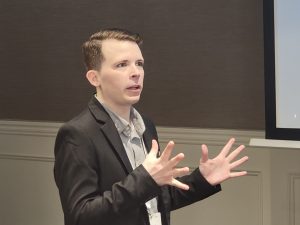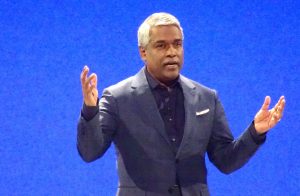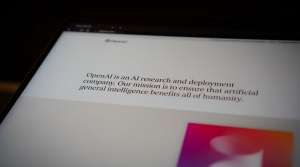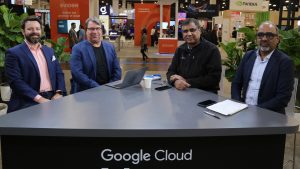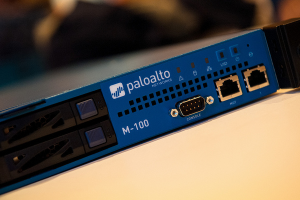Big Data, Fat Brains, Social Impact
![]() Since his Data Kind (formerly Data Without Borders) proposal last year, Jake Porway continues to pair fat brains with big data to effect positive social change. Gina Rudan of Genuine Insights considers fat brains young, tech-savvy and informed individuals who, despite their youth, provide mentorship and leadership to older colleagues. Data Kind began with the idea that fat brain data scientists had obese hearts to match, and longed to use their skills to help governments and NGO’s address problems like poverty and inequality. Porway believes: “There’s such power in the skills data scientists have for changing the world. There was so much lost potential in not being able to hook that up to social causes.” Data Kind and Microfinance Information eXchange (MIX), recently shared their strategies and findings from a recent project using web scrapers to analyze financial service data in South Africa, Rwanda and Kenya.
Since his Data Kind (formerly Data Without Borders) proposal last year, Jake Porway continues to pair fat brains with big data to effect positive social change. Gina Rudan of Genuine Insights considers fat brains young, tech-savvy and informed individuals who, despite their youth, provide mentorship and leadership to older colleagues. Data Kind began with the idea that fat brain data scientists had obese hearts to match, and longed to use their skills to help governments and NGO’s address problems like poverty and inequality. Porway believes: “There’s such power in the skills data scientists have for changing the world. There was so much lost potential in not being able to hook that up to social causes.” Data Kind and Microfinance Information eXchange (MIX), recently shared their strategies and findings from a recent project using web scrapers to analyze financial service data in South Africa, Rwanda and Kenya.
The severely poor, living on $2 or less per day, use sophisticated financial strategies to survive. The effectiveness of financial services such as payday loans and Microfinance Institutions (MFIs) that aim to help the poor still remain unclear. Web scraper programs allowed Data Kind and MIX to measure the effectiveness of different financial services. Such programs, which extract and compile data into a structured format, tend to prove more useful than time consuming and costly on-the-ground methods like questionnaires.
Starting with a list of public data sets, including mobile banking agents, collaborator Thomas Levine created scrapers for each country and shared them via ScraperWiki with use and maintenance instructions. Each scraper yielded a standard output that allowed data from different scrapers to be combined. The data was then consolidated and geo-coded for easy plotting. While traditional data collection methods could have taken years, the Data Kind and MIX collaboration was able to yield productive insights in weeks. Among other findings, the team revealed: “In South Africa, we can now see that cash loan shops are most prevalent in high-poverty areas, and that developmental providers like MFIs are just a drop in the bucket for the sector overall.”
Organizations like Data Kind turn the profit driven motives of data science on it’s head. Cynthia McCahon of Enloop suggests: “When it comes right down to it, data is a commodity. The cost of data, itself, is not worth anything, it’s how the company intends to use it.” For corporations, the value of data lies mainly in ad targeting; companies are willing to invest big in data analysis for even larger returns. However, for data scientists that provide cause-driven analysis, their primary compensation for otherwise costly billable hours is human satisfaction.
Several organizations like Random Hacks of Kindness, Code for America, and Techies Give Back, share similar goals for social engagement through technology, but Data Kind distinguishes itself by focusing on data collection, analysis and visualization. Data scientists can learn about lending their services at one of Data Kind’s Datadives. These sessions unite fat brains who share the perspective of Facebook data team founder, Jeff Hammerbacher: “The best minds of my generation are thinking about how to make people click ads. That sucks.”
A message from John Furrier, co-founder of SiliconANGLE:
Your vote of support is important to us and it helps us keep the content FREE.
One click below supports our mission to provide free, deep, and relevant content.
Join our community on YouTube
Join the community that includes more than 15,000 #CubeAlumni experts, including Amazon.com CEO Andy Jassy, Dell Technologies founder and CEO Michael Dell, Intel CEO Pat Gelsinger, and many more luminaries and experts.
THANK YOU









